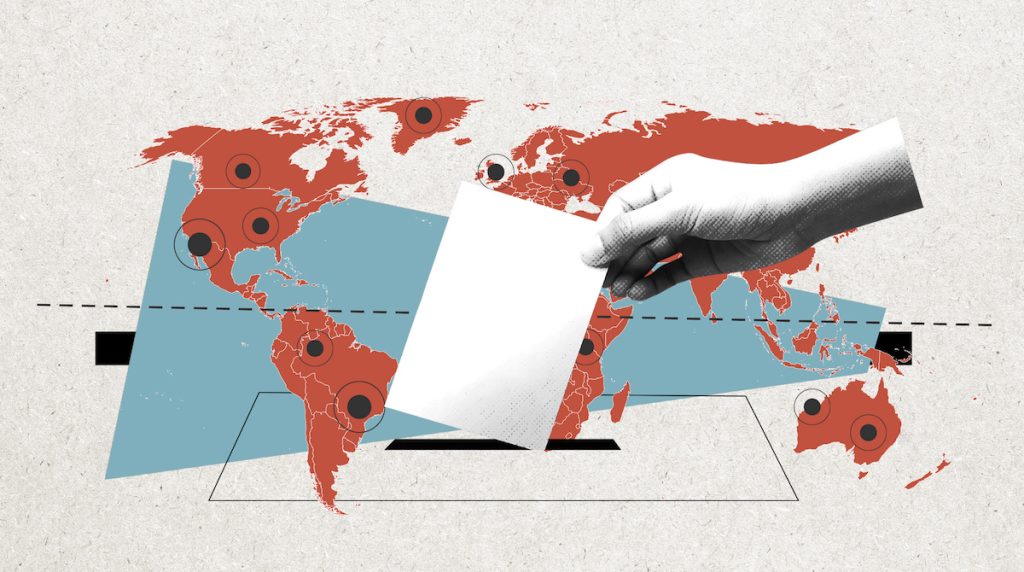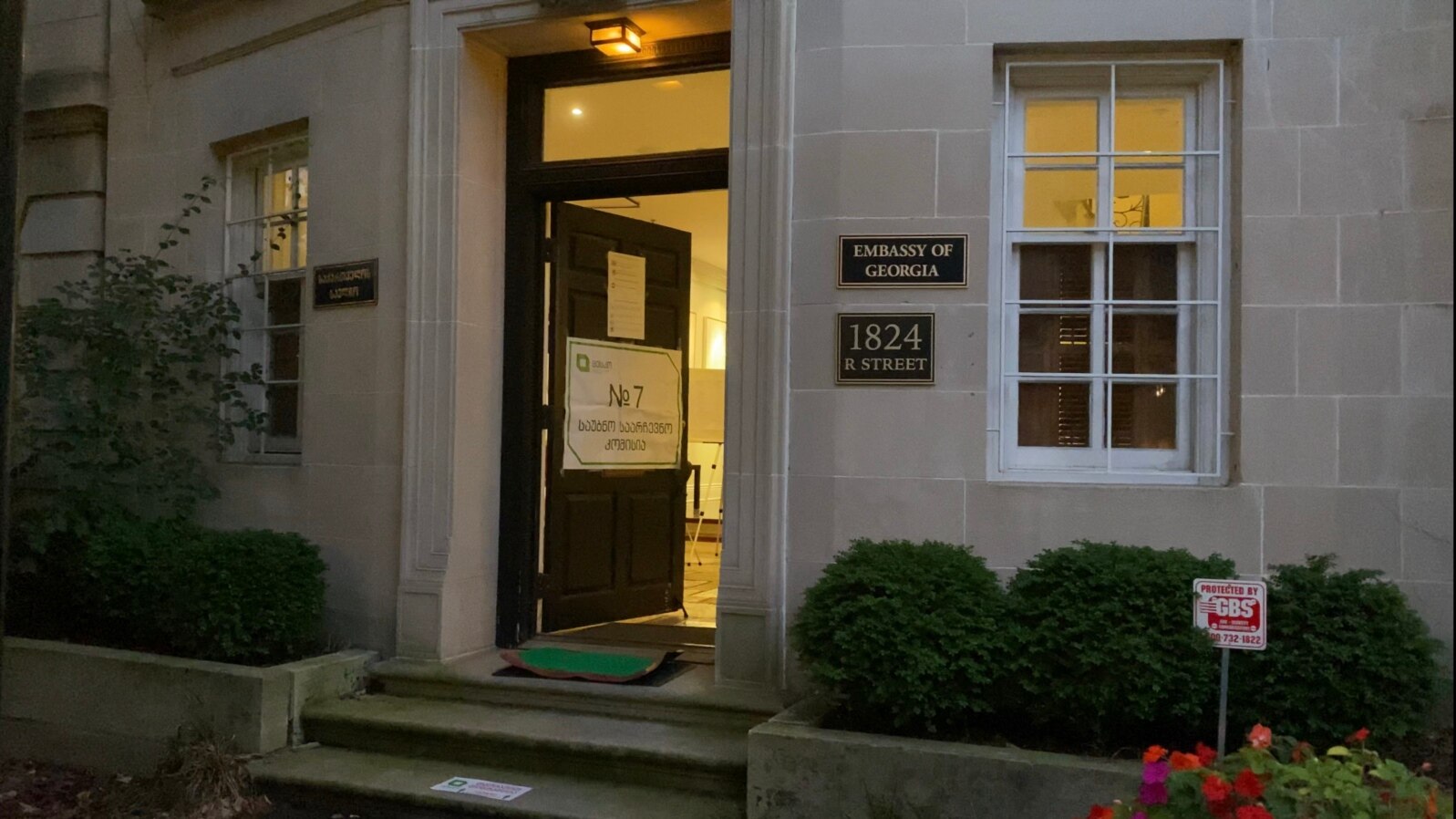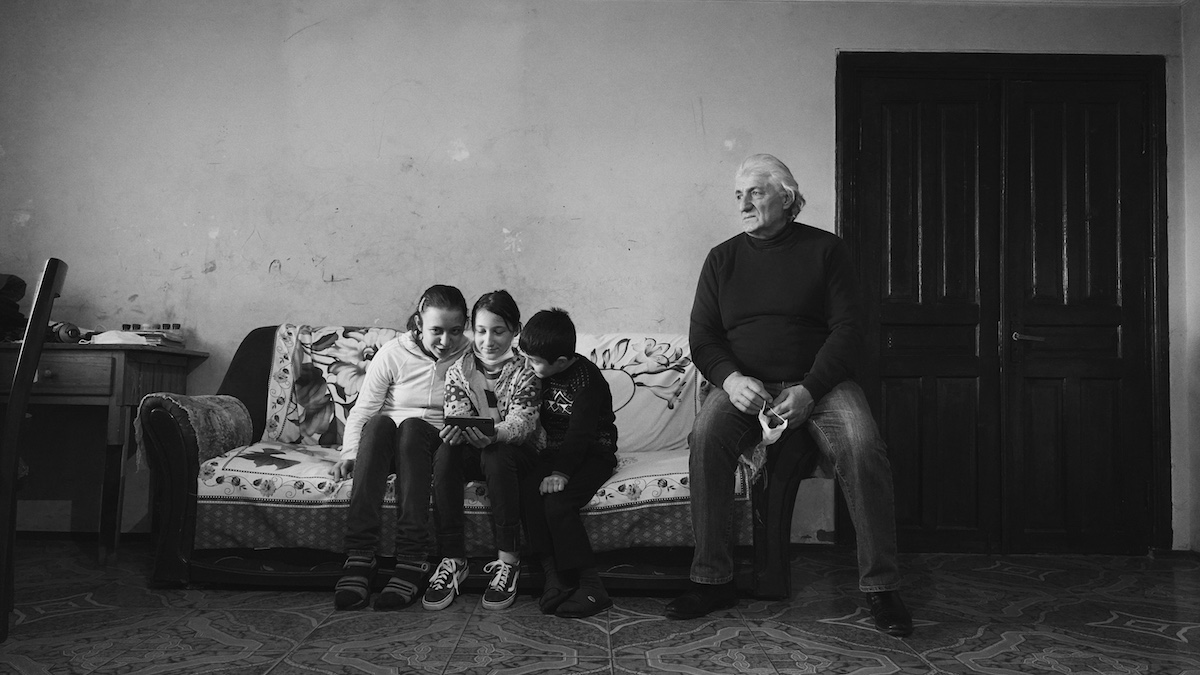Lost votes: What prevents Georgian emigrants from participating in parliamentary elections
Parliamentary elections in Georgia

“Imagine being forced to leave your homeland, thinking about returning every day, while your government does everything to minimize your connection to your country,” says 31-year-old Guram Kvakhadze, who moved from Georgia to Ireland two years ago.
Guram is one of many emigrants who want to participate in the parliamentary elections scheduled for October 26, 2024. They are calling for the establishment of polling stations abroad and are gathering signatures to support this effort.
The shortage of polling stations is the main reason why Georgians living abroad cannot participate in elections. To reach the nearest station and vote, most emigrants have to travel hundreds or even thousands of kilometers, spending a lot of time and money, which they often do not have.
This is evidenced by the level of emigrant participation in the 2020 parliamentary elections: according to the Central Election Commission (CEC), the total number of emigrant voters in 2020 was 66,217, but only 18.5% (12,000 people) actually voted.
The CEC determines the total number of “foreign” voters based on the number of Georgian citizens registered with consulates abroad and those who registered to vote 19 days before the elections. However, various estimates suggest that the real number of emigrants significantly exceeds the official figures.
There is no precise information on how many Georgian citizens live abroad. According to the UN, up to 852,000 people emigrated from Georgia by 2019, and the number of emigrants has been increasing every year since 2020.
Georgia’s National Statistics Office reports that in the past year alone, 2023, 163,480 people left the country, which is double the figure for 2022.
“I remain a citizen of Georgia, and it is important to me what the political and social situation in my country is. Although I am currently in emigration, I always think about returning. Emigrants play a very large role in Georgia’s economy. There is probably no family from which at least one person has not emigrated. Therefore, it is important for us to be given the opportunity to participate in elections,” says Guram.
Despite the demands, Georgian officials see the problem not as a lack of polling stations, but as a lack of motivation among the emigrants. They argue that creating polling stations abroad is too expensive for Georgia to afford.
JAMnews tried to estimate how much this would actually cost.
Two options
To enable more emigrants to participate in the 2024 elections, there are two approaches:
- Create additional polling stations abroad
- Implement remote voting for emigrants
To promote the first option, two opposition parties, “Girchi – More Freedom” and “Droa” (“It’s Time”), launched a campaign called “A Ballot Box in Your City.”
As part of this campaign, signatures are being collected in 90 foreign cities to open polling stations. The collected signatures are submitted to the Georgian Ministry of Foreign Affairs, which is responsible for informing the Central Election Commission (CEC) about the need to open a polling station.
So far, emigrants from 35 cities have submitted requests to the Ministry of Foreign Affairs to open polling stations. They received a letter explaining the conditions under which additional stations are opened:
“The general principle of creating a polling station is that the voter is included in the unified list both within the country and abroad according to their registered address. The registered address of voters abroad, if they are on the consular register, is the address of the relevant diplomatic mission/consular office of Georgia,” the letter from the Ministry of Foreign Affairs stated.
As for the second option, back in November 2023, the Eastern European Centre for Multiparty Democracy (EECMD) presented a bill to the Georgian parliament proposing the introduction of remote voting for emigrants. The explanatory note to the bill highlights that remote voting practices have already been implemented and are successfully working in 35 countries worldwide.
EECMD suggests that, initially, only emigrants should be allowed to vote remotely since they face the most significant obstacles in reaching polling stations (literally).
According to EECMD, countries using remote voting methods spend up to $111,000 annually on system software, updates, monitoring, and cybersecurity. However:
“Since this model is new to our country, the acquisition, implementation, software, updates, management, and cybersecurity of a system adapted to this model will increase the state budget’s expenditure from 2 to 3 million lari [from $740,000 to $1.11 million],” the explanatory note states.
Government officials oppose this initiative due to cybersecurity threats. Beka Odisharia, a representative of the parliamentary committee on diaspora affairs, stated that implementing an electronic voting system for a small country like Georgia poses significant risks:
“Even France abandoned elections by such a system and explicitly stated that there is a danger of a cyberattack from Russia. Can you imagine the risk to the final election results if up to a million Georgians got involved? There could be gross interference and intrusion into their gadgets, devices, etc.“
The cost factor
Beka Odisharia also opposes the idea of creating additional polling stations. He argues that it is too burdensome for the country’s budget.
“How can a state with a budget like Georgia’s open polling stations in every country and city around the world, each costing at least half a million euros? And that’s just the opening cost; ongoing operations would involve huge additional expenses. We couldn’t do it even if we used the entire budget,” Odisharia said on March 29, 2024.
According to him, opening a single station costs 400-500 million euros without accounting for operational expenses, as this is the cost of establishing consulates abroad, and polling stations can only be opened in consulates and diplomatic missions.
However, the opposition is not demanding polling stations in every city globally. Operational costs, according to the Central Election Commission (CEC), are usually around 9691 lari (about 3500 dollars) per station.
Under Georgian law, a polling station is opened if there are at least 50 and no more than 3000 voters.
Assuming one polling station is opened in each of the 90 cities where the parties Girchi and Droa are collecting signatures, it would cost around 323,000 dollars, not including rental costs. To estimate these costs, it’s necessary to know how much the state pays for consulate rentals. JAMnews requested this information from the Ministry of Foreign Affairs.
However, lawyers dispute the government’s claim that polling stations can only be opened at consulates, explaining that there are no specific legal restrictions:
“The Election Code does not state that the government must open a polling station only at a consulate. It can simply rent a building and open a station there; the Election Code permits this,” Giorgi Moniva, a lawyer from the “Fair Elections” (ISFED) organization, told JAMnews.
The opposition also claims that diaspora representatives are willing to provide free spaces for opening polling stations abroad. Additionally, in March 2024, Georgian president Salome Zourabichvili announced that partner countries’ ambassadors are also ready to help if the Georgian authorities agree.
“Moldova provides an example, where partner countries offer spaces for elections,” Zourabichvili reminded.
She also confirmed that the diaspora is ready to offer available spaces, such as churches and Sunday schools, in cities with large Georgian populations.
For the 2024 parliamentary elections, the CEC approved a budget of 171,219,000 lari (about 63,400,000 dollars). The provided information notes that this budget accounts for 60 polling stations abroad. Thus, if the CEC opened one polling station in each of the 90 cities collecting signatures, it would only spend 0.8488% of the budget.
Georgia is not the only country facing the challenge of organizing voting for a large number of emigrants. Moldova, mentioned by Salome Zourabichvili, conducted elections in 2020 for 263,117 diaspora members abroad (compared to 12,000 emigrants voting in Georgia’s 2020 parliamentary elections). According to information provided by Moldova’s Central Election Commission, organizing this voting cost just over 560,000 dollars.




















